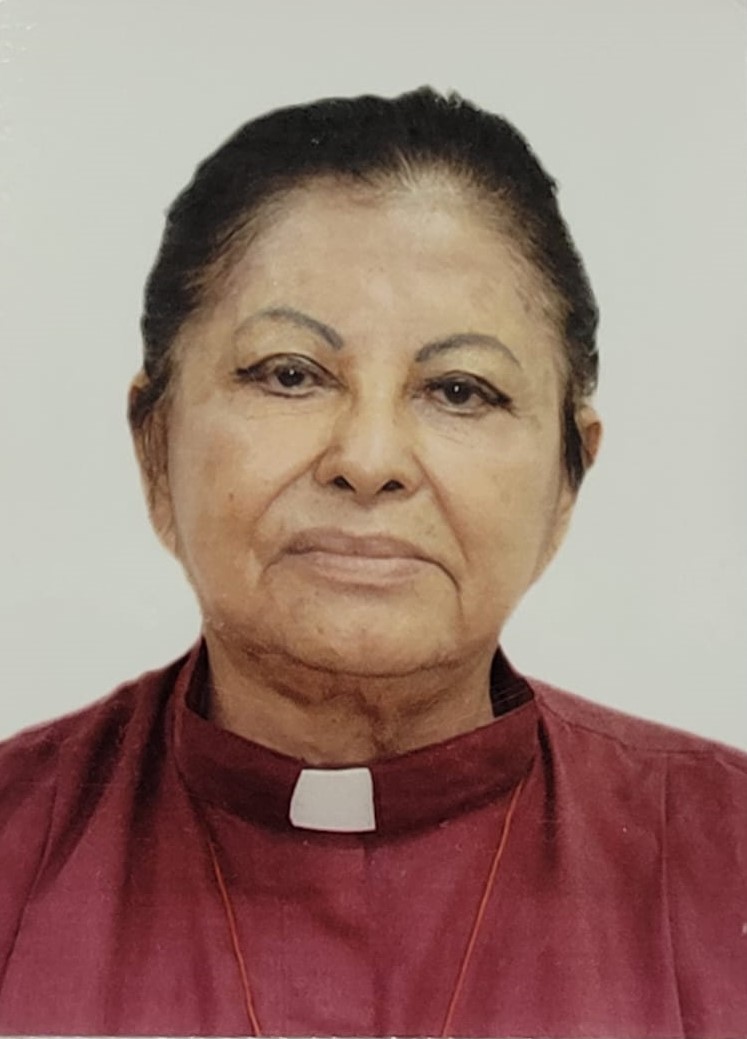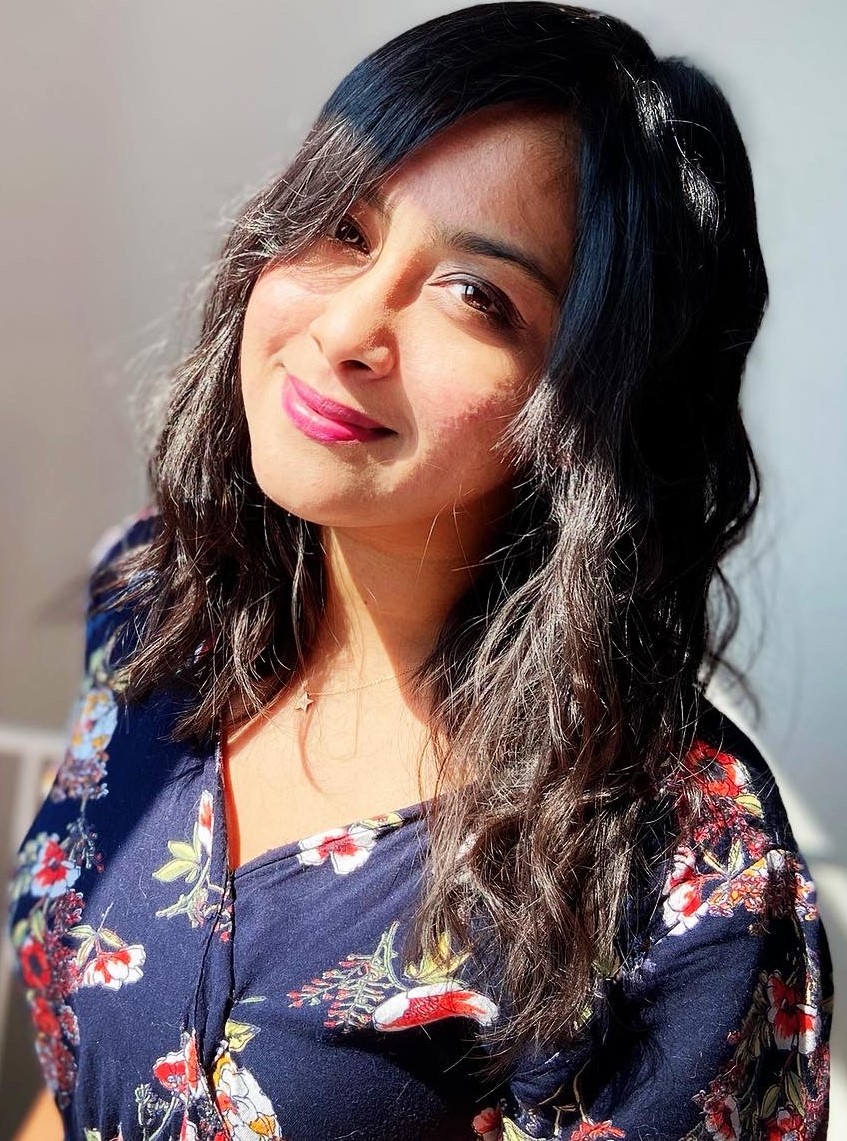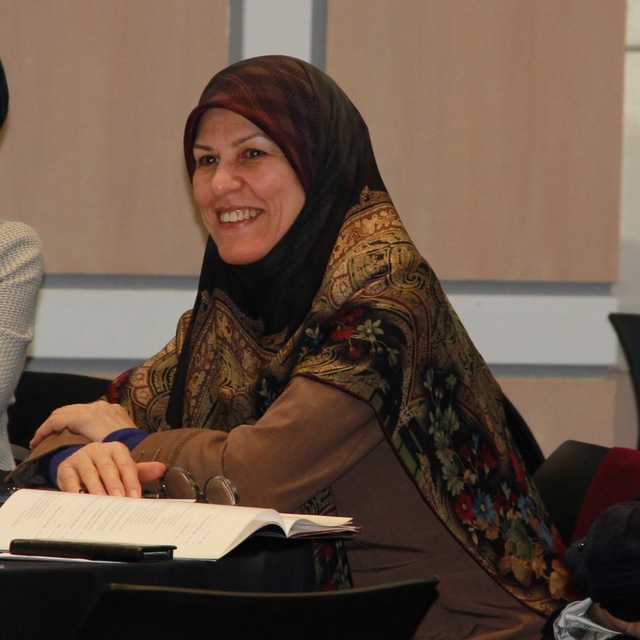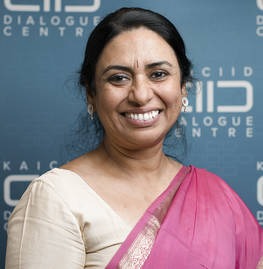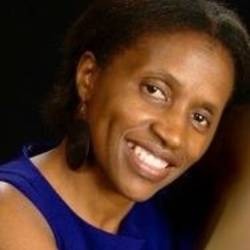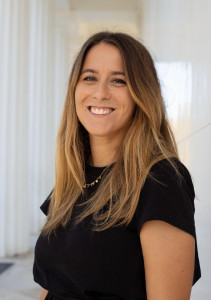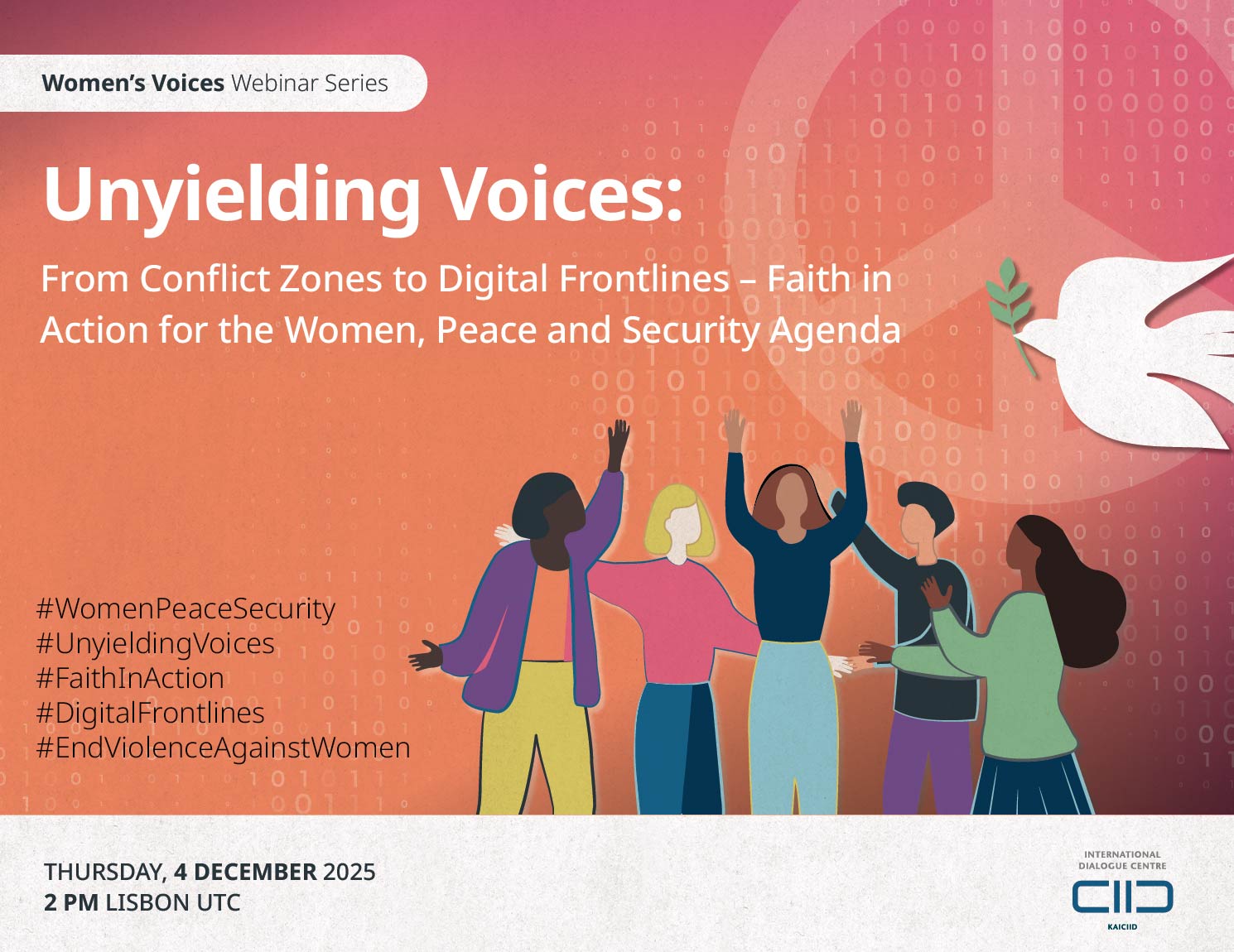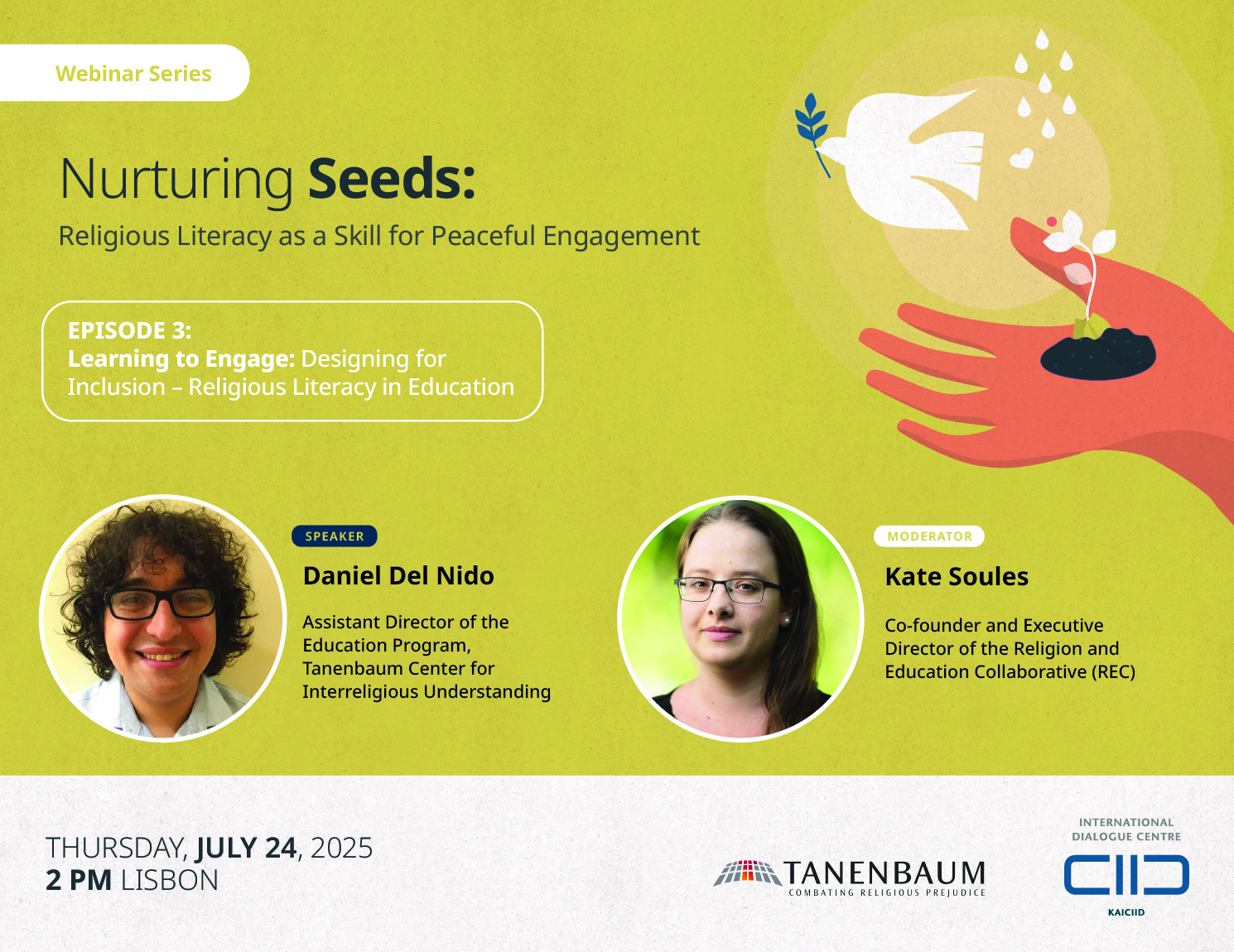Dr. Jackie Ogega is an inspiring leader dedicated to promoting gender equality, social inclusion, and the empowerment of women and girls. She has directed numerous multi-million-dollar programmes to advance gender equality and social inclusion in many countries across the world. Jackie taught high school for eight years before becoming a development and peacebuilding humanitarian worker. She is currently the Senior Director for Gender Equality and Social Inclusion at World Vision. She founded her organization, Mpanzi Empowering Women and Girls, supporting hundreds of women and girls in rural villages in Kenya through education, violence prevention, and livelihoods. She has taught gender and development studies at various universities and institutions of higher learning. She has a doctorate in peace and conflict studies, and a master’s degree in Gender and Development Studies. She has published her book, Women, Religion, & Peacebuilding (Springer International), her memoir Home Is Us, and many articles including Landowner with Taint Magazine.
A survivor of Gender-Based Violence, Dr. Jackie Ogega actively leads efforts to eliminate it. She has travelled to over 50 countries, where she has facilitated training, shared her story, conducted field research, provided technical assistance, been a key-note speaker, served as a mentor, documented promising practices, conducted gender and social analyses, or monitored projects for impact. She is an expert speaker, trainer, and mentor. She has taught the religion and foreign policy course to US government foreign service officers in Washington DC. She is a mentor with USAID gender and inclusion training and Mastercard's young leaders programme.

